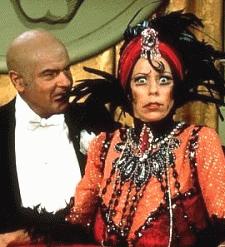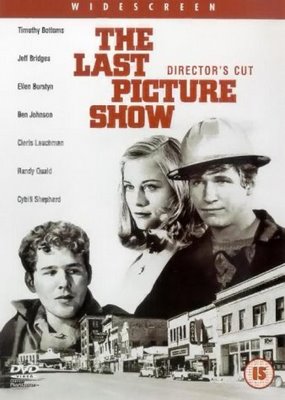It's one thing for Joe to resent being a kept man and to start quietly looking for a way out, but it's quite another for him to boldly insult his sugar mama, to, like a merciless predator, zero in on her weakness — her vanity — and rip her to shreds. It seems like a smarter, more compassionate man might contrive a plausible excuse to get out of the house and simply not return, instead of making a big production out of his "honor" and "the truth" by telling her — unstable as she is!— that she's a has-been, that Max is responsible for the fan letters, that no one will care if she commits suicide ("Oh, wake up, Norma, you'd be killing yourself to an empty house. The audience left twenty years ago.")
He's smart enough to realize this:
Joe Gillis (as narrator): You don't yell at a sleepwalker. He may fall and break his neck.Or he may shoot you dead with the gun he just showed you, you Goddamn idiot!
So my question to you, notwithstanding my feelings on the matter, is this: Is Joe a Goddamn idiot? For undersestimating Nora's capacity to do something truly dire, to think she would take his hubris sitting down? Of course, the film could not have had its justly famous ending if Joe hadn't provoked her in some way. Did he ultimately do her a favor by shattering her way of life, even if she's not really aware that it's been shattered?
 José Ferrer won the 1950 Best Actor Oscar for this film. What did you think of his performance? Would this performance win today, or does the Academy look for different things now than they did then?
José Ferrer won the 1950 Best Actor Oscar for this film. What did you think of his performance? Would this performance win today, or does the Academy look for different things now than they did then?



